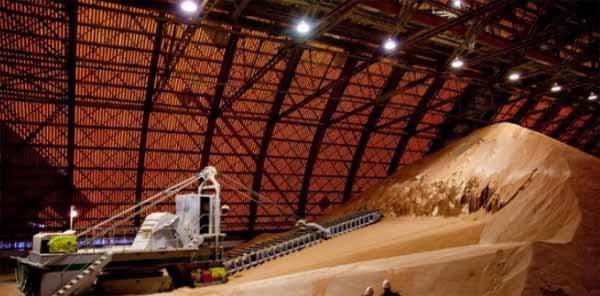Business
Potash prices expected to fall

Uralkali, a Russian potash producer, has indicated that they expect prices for potash, the popular fertilizer ingredient, to bottom out by year end. They said prices, however, may not fall quite as low as previously forecasted as the market begins to stablilize after the collapse of what has been called an informal global pricing cartel.
The prediction was announced as Uralkali said it had boosted production during the third quarter. The production increase was a move toward a volume-over-price strategy that threatens to lower prices even more. It is being blamed for catapulting the global market into disarray.
During July, Uralkali decided it would leave a trade partnership with Belarus. The partnership had served as a key component of the cartel. Buyers decided to wait on new orders, and in turn have demanded larger discounts until it becomes evident as to how the $22 billion marketplace will end up reorganizing.
When Uralkali left the partnership with Belarus, the company’s CEO, who was arrested in Belarus on charges related to the breakup, had made the prediction that potash prices would fall as much as 25% by year end, making it sell for $300 per ton. The sales director for the company, Oleg Petrov, does not expect prices to drop that low, but believes they will continue to drop until a contract is signed later this year in China. China is the world’s largest consumer of potash.
Uralkali does boast the lowest production cost of any potash producer, so it is looking to increase capacity in order to boost its market share. Ukrakali has announced that its third-quarter output improved to 12.5% on the year and 3.8% on the quarter, reaching 2.7 million tons. It would have to operate at 100% capacity in order to meets its annual production target. That would mean producing 3.24 million tons during the fourth quarter.
India’s largest buyer, Indian Potash Ltd., said it received a 12% discount from Uralkali on remaining deliveries on the deal that it had signed back in February. However, experts say that India is not a bellwether for the potash market, since the price cut was driven by the depreciation of the rupee.






